As the weather gets colder and the days get shorter, you may have noticed your feline friend becoming even more lethargic than usual. Curled up in their favorite sunny spot for hours at a time, you can’t help but wonder – do cats sleep more in the winter?
4 Reasons Why Cats Sleep More In The Winter
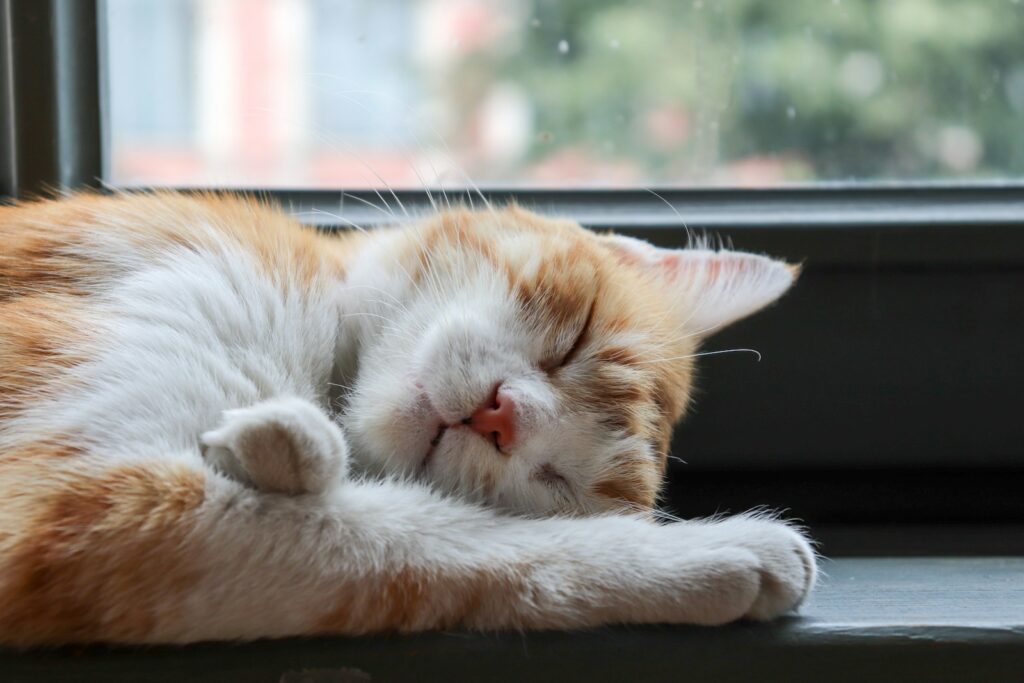
Do cats sleep more in the winter? Below you can discover some of the reasons why.
1) More Time Spent Indoors
During winter, most cat owners tend to keep their cats indoors. The great outdoors becomes far less hospitable with frigid temperatures and storms rolling through.
This means more time spent lounging around the house. Without access to their usual outdoor stimuli and activities, many cats will simply sleep the days away. After all, a cozy spot indoors beats braving the cold any day.
Related: Do cats get cold? Discover 3 Warning Signs
2) Decreased Daylight Hours
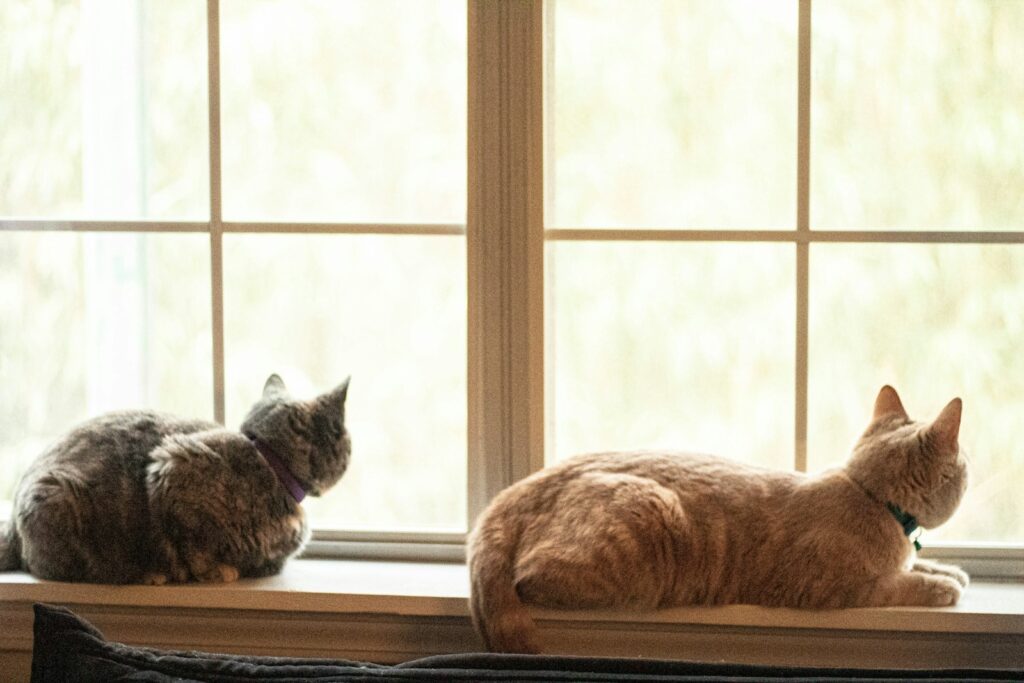
In addition to spending more time indoors, the limited daylight hours of winter can also contribute to cats sleeping longer. With fewer daylight hours for activity, their sleep cycles end up extended.
In a way, cats still adhere to their biological rhythms – it’s just that the rhythms themselves have changed with the season.
Related: Is It Okay To Let Your Cat Sleep in Bed With You?
3) Conserving Energy
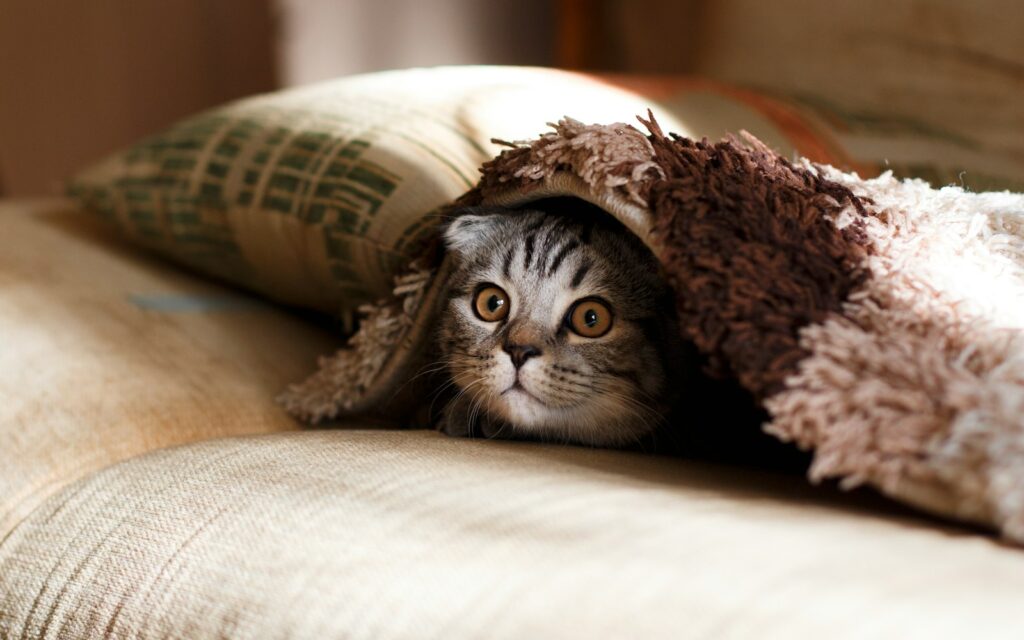
There’s also evidence that the increase in sleep serves an important purpose – conserving energy. Like other mammals preparing for hibernation, cats may sleep more in winter as an adaptation to survive when prey is scarce and conditions are harsh.
By sleeping longer, they can drastically reduce their energy requirements. This is handy until warmer spring temperatures make hunting and foraging easier.
It’s basically their version of hibernation without completely checking out for the whole winter.
4) Changes in Appetite and Activity
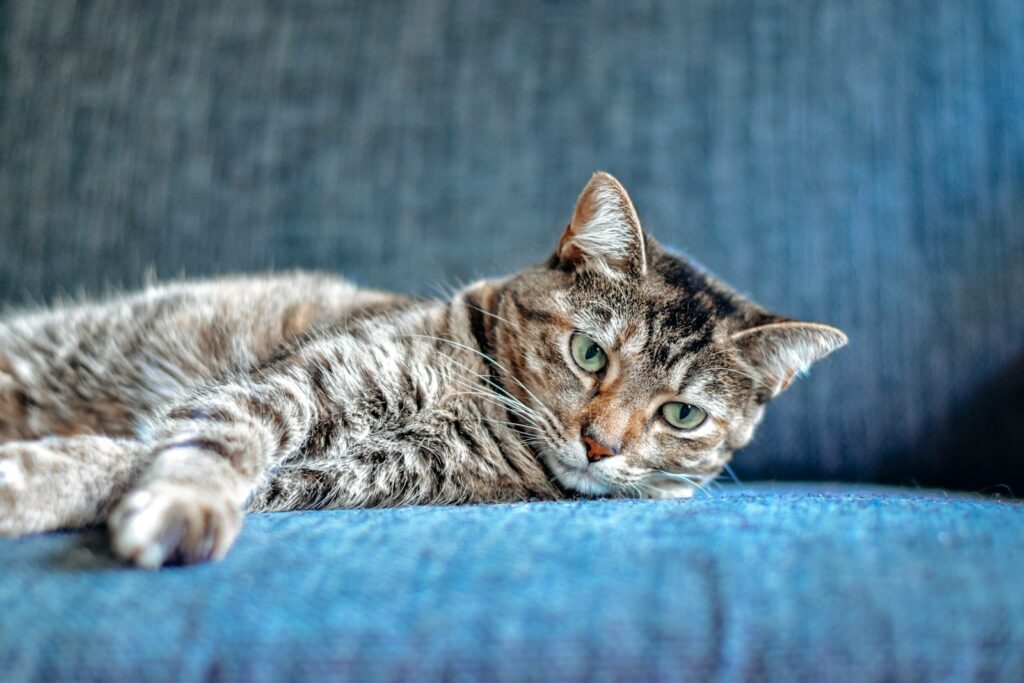
All of these winter-related changes often have an interrelated effect on cats’ appetites and activity levels. Many cats are less active during the winter months, and a decreased activity level subsequently lowers daily caloric requirements.
It’s a cycle that perpetuates itself – less activity leads to less food consumed, leading to even less energy for activity. With fewer calories needed to get through the short, cold days of winter, cats have more reason to nap and less to be on the move.
Conclusion
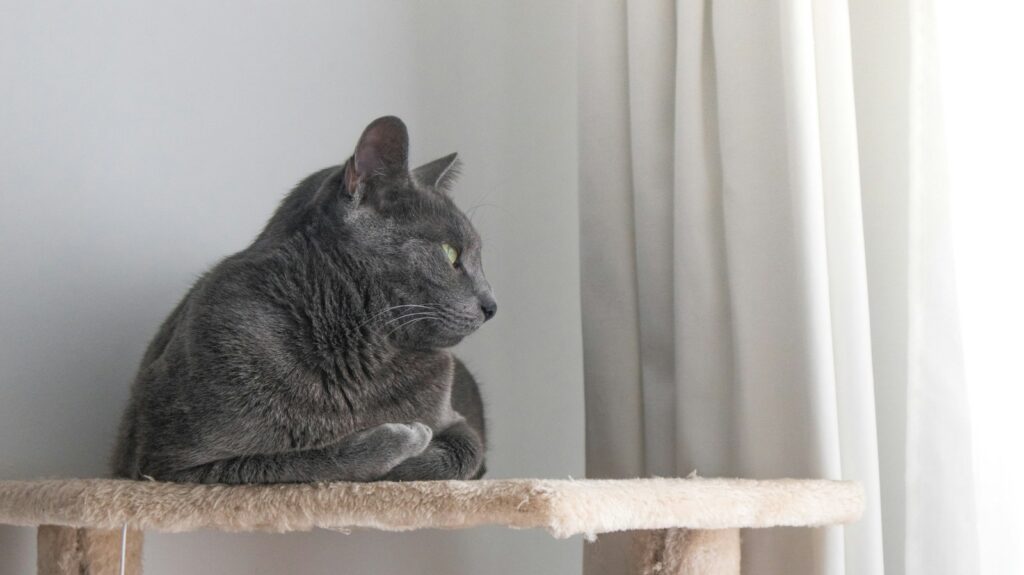
Do cats sleep more in the winter? The evidence points to yes! Shorter daylight hours, increased time indoors, energy conservation, and shifts in appetite/activity levels all contribute to our furry friends clocking in extra nap sessions during the winter.
Be sure to speak with your vet if your cat’s sleep patterns seem excessively altered or worrisome in any way.
I hope you enjoyed this post and learned something new about our cats! Feel free to leave a comment below or share this article if you find it interesting.
Let’s keep the conversation about cat behavior going all winter long!
Frequently Asked Questions: Do Cats Sleep More In The Winter?
Should I be concerned if my cat is sleeping more in winter?
While increased sleep is normal for cats in winter, excessive lethargy (sleeping more than 20 hours a day) can sometimes indicate an underlying health issue. Schedule a vet visit if you notice any other odd behaviors as well.
How can I help my cat be more active in winter?
Entice your cat to move around and play more by offering puzzle toys filled with treats, throwing ping pong balls for them to chase, or creating indoor obstacle courses from cardboard boxes and paper bags. Start play sessions when they are most active.
What’s the best sleeping spot for an indoor cat in winter?
Choose a warm, draft-free area for your cat’s bed. Good spots are near a sunny window (for solar warmth), on top of a vent, or in an insulated cat cave (hideaway bed). Place a cozy blanket inside for added comfort and warmth.

Leave a Reply